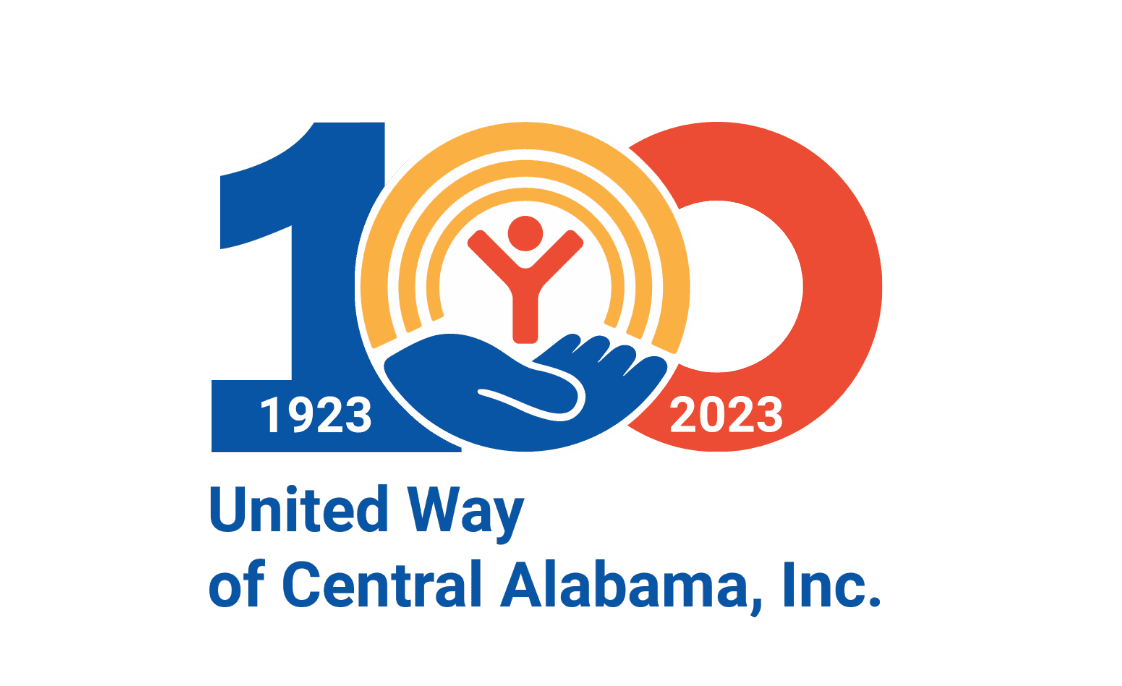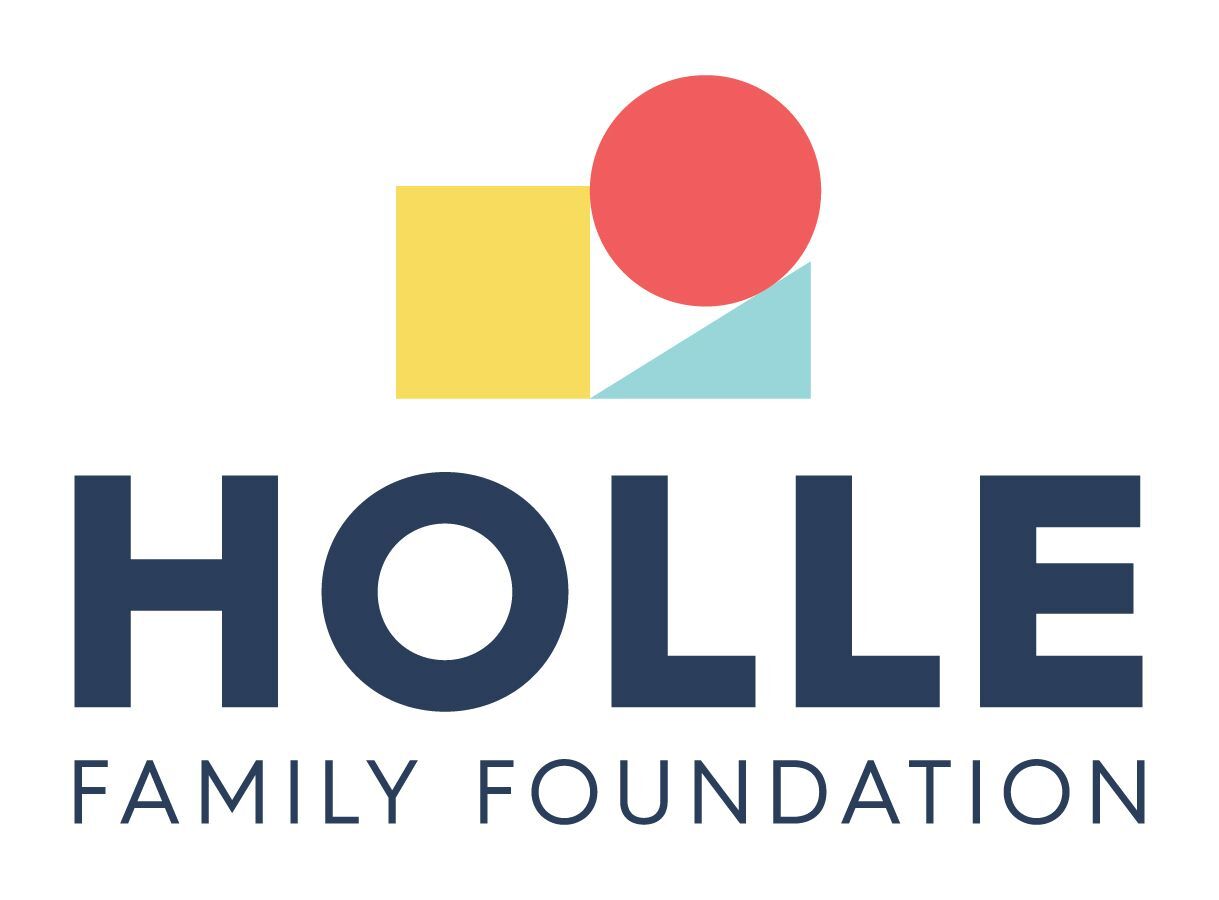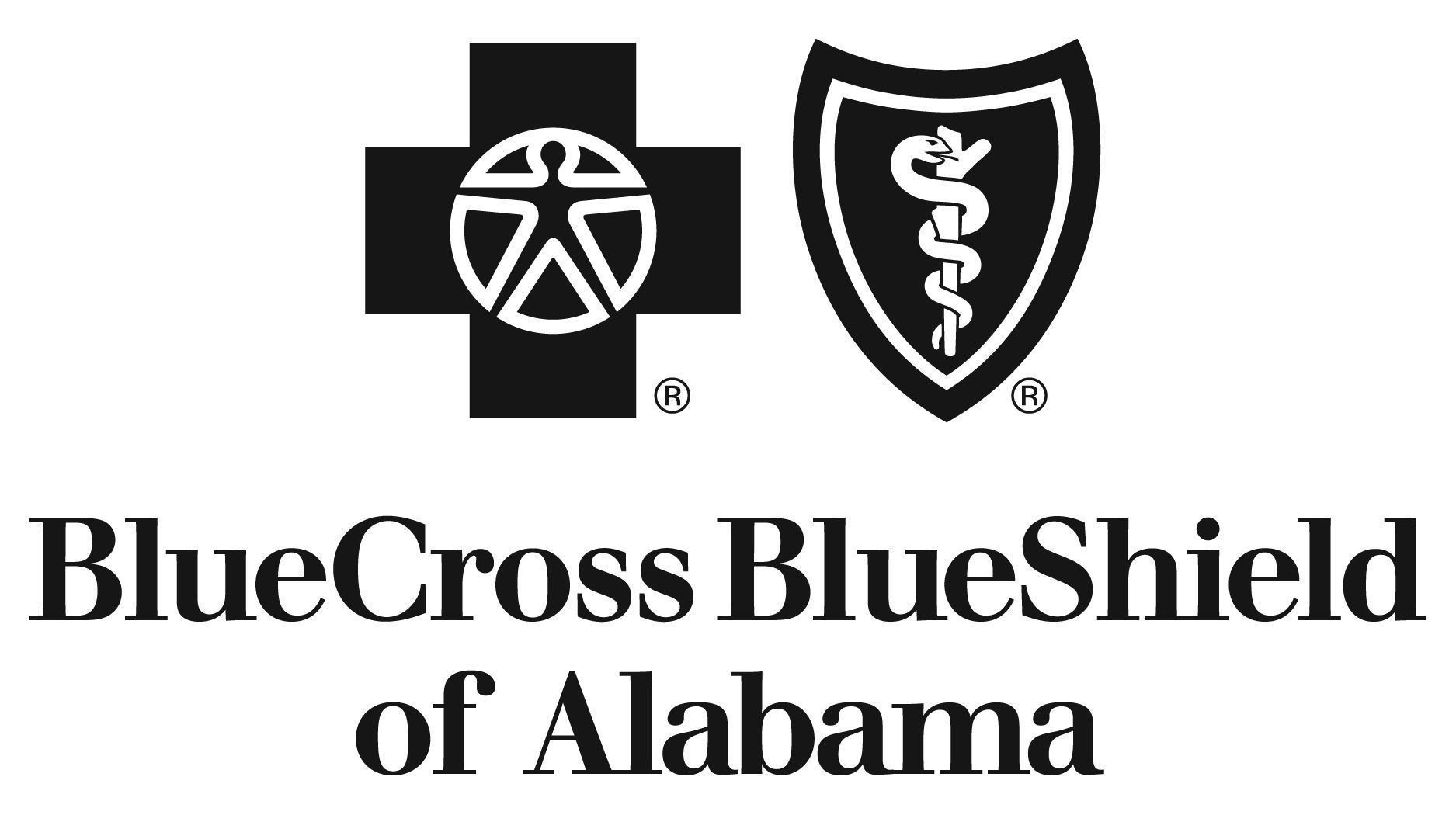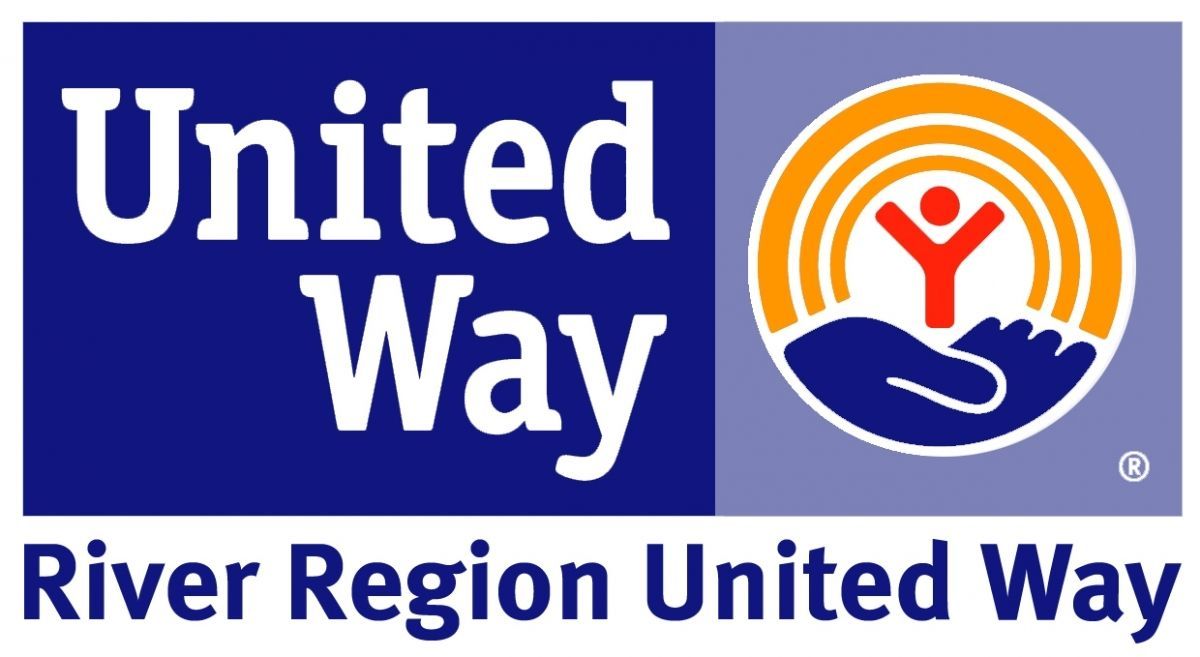
Suicide Prevention Month
Suicidal thoughts, much like mental health conditions, can affect anyone regardless of age, gender or background.
Below is information about when faced with someone who may be suicidal, tips, and lowering the stigma of struggles and suicide.
Suicidal Ideation Tips:
- It is important to take any indication of suicidal ideation seriously. It may be easiest to believe this is “just for attention” but taking these thoughts seriously every time saves lives
- Ask a person directly if you feel that they may have suicidal ideation. This can lower anxiety around it, open up communication, and lower the risk of suicide
- Almost any positive action can save a life
- When asking about suicidal ideation, make sure you are alone with them in a private setting, allow the person to freely talk, make sure you allow plenty of time, and have resources readily available!
When faced with someone who may be contemplating suicide:
- Question: It is important to question the idea of ideation to ensure you understand where someone may be regarding suicidal ideation
- Persuade: Persuading someone to stay alive can be very effective. Give someone your full attention and offer hope. You can say things like “What can we do to keep you safe?”
- Refer: It is important if these suicidal thoughts involve a plan and means to do so that professional help is sought out. Take the person directly to someone who can help them or make the arrangements to ensure the person’s safety.
Moving away from the stigma:
- Using phrases like “died by or from suicide” rather than “committed suicide”
- Avoid using terms like “failed or succeeded” when discussing attempts. Instead, use “survived or completed” attempts.
- It is important to see suicide and mental health struggles in the same way we approach illnesses. We use precaution when it comes to illness to ensure that the illness does not get worse. We must do the same for ideations or thoughts of suicide. You wouldn’t wait until something becomes “Stage 4” before taking action. We must see mental health struggles in the same way
Crisis/Suicide Hotline: 9-8-8
For those that are looking for resources in suicide and prevention, the following Alabama organizations offer initiatives, events, trainings, and helpful information for a number of audiences, including those experiencing suicidal thoughts, friends and family of those experiencing suicidal thoughts, survivors of suicide loss, mental health professionals, school faculty, and community members. The Alabama Department of Mental Health also offers information on utilizing 988, the national three-digit phone number for all mental health, substance use, and suicide crises.
https://asparc.org Alabama Suicide & Prevention Resource Coalition


































